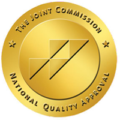Dual Diagnosis Addiction Treatment & Depression Program in CA
Depression is a widespread mental health condition affecting millions worldwide, and its impact can be severe and long-lasting. The condition can manifest in many ways, with some forms of depression being particularly severe and debilitating. For individuals struggling with depression, seeking help from a depression treatment center can be a vital resource for recovery. A good dual diagnosis addiction treatment & depression program in CA offers specialized care to individuals experiencing symptoms of depression. These centers provide various services, including therapy, medication management, and support groups. They often employ a multidisciplinary approach involving a team of mental health professionals who work together to develop a personalized treatment plan that addresses each patient’s unique needs.
What is Depression?
Depression is a mental health disorder that affects a person’s mood, thoughts, and behavior. It is characterized by persistent sadness, hopelessness, and a loss of interest in once enjoyable activities. Genetics, life events, and brain chemistry can trigger depression.
Depression can manifest in different ways for different people, but common symptoms include the following:
- Persistent feelings of sadness or emptiness
- Loss of interest in activities
- Changes in appetite or weight
- Difficulty sleeping or oversleeping
- Fatigue or lack of energy
- Thoughts of death or suicide
- Substance misuse
Depression is a treatable condition, and various forms of treatment are available, such as therapy, medication, and lifestyle changes. It’s essential to seek help from a healthcare professional if you or someone you know is experiencing symptoms of depression.
What is Dual Diagnosis?
Dual diagnosis refers to the presence of both a mental health disorder and a substance use disorder in an individual. In other words, a person with a dual diagnosis has a mental illness and a problem with drugs or alcohol.
Mental health disorders commonly associated with dual diagnosis include anxiety, mood disorders, personality disorders, and schizophrenia. Substance use disorders can involve any addictive substance, including alcohol, prescription, and illegal drugs.
Dual diagnosis can be challenging to treat because both disorders can interact and exacerbate each other. Effective treatment often involves a coordinated approach that addresses mental health and substance use disorders simultaneously. Treatment may include therapy, medication, support groups, and lifestyle changes.
People with a dual diagnosis need to receive professional help from healthcare providers who specialize in the treatment of both mental health and substance use disorders. With proper treatment and support, recovery from dual diagnosis is possible.
7 Signs of Severe Depression
Persistent sadness and emptiness
A hallmark symptom of severe depression is the constant feeling of sadness and emptiness that can endure for extended periods. This ongoing sense of sorrow and hopelessness is often difficult to shake and can significantly impact a person’s daily life. Be aware of this symptom, as it is one of the most common indicators of depression.
If you have been experiencing persistent sadness and emptiness for over two weeks, it may be a sign of depression. Seek help from a qualified healthcare professional at a dual diagnosis addiction treatment & depression program in CA who can assess the situation and provide the necessary support and resources. Depression can be a severe and debilitating condition, but with proper treatment and support, it is possible to manage the symptoms and improve one’s quality of life.
Loss of interest in activities
Depression can cause individuals to lose interest in activities they once found enjoyable, including hobbies, social events, and work. If you have been experiencing a lack of interest in previously enjoyed activities, it may be a sign of depression.
Some people can operate very efficiently through sadness, called high-functioning depression. However, loss of interest is more common among individuals with depression and can significantly impact their overall quality of life. Notice the signs and seek help from a qualified healthcare professional who can assess the situation and provide appropriate treatment and support.
Many forms of treatment are available for depression, such as therapy, medication, and lifestyle changes. With proper treatment and support, it is possible to manage the symptoms and regain enjoyment in previously enjoyed activities.
Changes in sleep patterns
Depression can cause changes in sleep patterns, such as trouble falling asleep, staying asleep, or sleeping too much. If you are having trouble sleeping or are sleeping more than usual, it may be a sign of depression.
Changes in appetite

Changes in eating habits are another common symptom of depression, including loss of appetite or overeating. If you or someone you know has experienced significant changes in eating habits, it may indicate depression.
Depression can impact a person’s relationship with food and alter their typical eating patterns. These changes in eating habits can have serious physical and mental health consequences. Be aware of the signs and seek help from a qualified healthcare professional.
Depression is a treatable condition, and many treatments can help. Seeking early help can improve the chances of successful recovery. They help individuals regain control of their eating habits and overall well-being.
Fatigue and low energy
Feelings of fatigue and low energy are common symptoms of depression, making it challenging to complete daily tasks. If you have been experiencing persistent feelings of exhaustion, low energy, and difficulty completing tasks, it may be depression.
Depression can impact a person’s physical and mental energy levels, leaving them feeling drained and unmotivated. These symptoms can be particularly debilitating, making performing even the simplest of daily activities challenging.
recognize the signs of depression and seek help from a qualified healthcare professional from depression treatment centers in California. They can assess the situation and provide appropriate treatment and support. Therapy, medication, and lifestyle changes can help manage the symptoms of depression and improve overall energy levels.
Thoughts of self-harm or suicide
Severe depression can lead to individuals experiencing suicidal thoughts or self-harm ideation. These thoughts can seriously indicate the severity of the depression and require immediate attention.
It’s crucial to seek help from a qualified healthcare professional if you or someone you know is experiencing these thoughts. There are resources available, such as hotlines and crisis centers, that can provide immediate support and assistance.
Suicidal ideation and self-harm are medical emergencies that require immediate attention. Please take these thoughts seriously and seek help as soon as possible. Depression is a treatable condition; with proper treatment and support, individuals can recover and improve their overall quality of life.
Substance abuse
Depression and substance abuse often co-occur, with one condition worsening the other. Those with depression may use drugs or alcohol to cope with sadness or hopelessness, leading to substance abuse problems. Similarly, substance abuse can worsen depression symptoms and increase the risk of developing a mental health disorder.
using drugs or alcohol to cope with depression may indicate severe depression. Seek help from a qualified healthcare professional to assess the situation and provide appropriate treatment and support.
Depression and substance abuse can be challenging to manage and address both conditions simultaneously to achieve successful recovery. Treatment may involve therapy, medication, support groups, and lifestyle changes, among other approaches.
Avedis Recovery is a Dual Diagnosis Addiction Treatment & Depression Program in CA

If you are experiencing signs of severe depression, seek help from a qualified healthcare professional as soon as possible. A dual-diagnosis addiction treatment & depression program in CA can be a valuable resource for individuals struggling with depression.
Depression treatment centers offer various services, including therapy, medication management, and support groups. They often employ a multidisciplinary approach involving a team of mental health professionals. who work together to develop a personalized treatment plan that addresses each patient’s unique needs.
Depression treatment centers can provide a supportive and safe environment for individuals to begin the healing process. They offer a range of evidence-based treatments tailored to meet the needs of each patient. they can provide ongoing support throughout the recovery process.
With treatment and support, individuals diagnosed with depression can recover and improve their overall quality of life. If you notice signs of severe depression, don’t hesitate to seek help from Avedis Recovery, a dual-diagnosis addiction treatment & depression program in CA.









